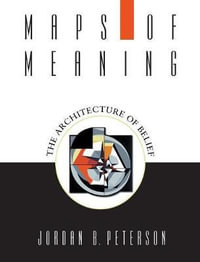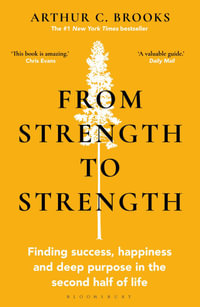Industry Reviews
"Living in the Future: Utopianism and the Long Civil Rights Movement links several cohorts of twentieth-century utopian radicals who worked to build a world they envisioned in the midst of one they lamented. . . Wolcott demonstrates a coherence of vision across civil rights efforts where historians have more often seen fracture and rupture... It is a history of coherent, deeply rooted and ideologically cohesive dissent - and a plea for its continuation." * The Journal of Southern History *
"Wolcott effectively pulls previously siloed fields of study together by consulting an array of primary sources, researching in archives that house the records of the labor movement, Black culture, and both urban and rural histories. . . . As Living in the Future proves, utopianism had a major impact on the civil rights movement because activists had learned from and trained each other for decades before the 1950s." * H-Nationalism *
"Wolcott's juxtaposition of labor and religious histories with well-known civil rights activists... will encourage historians in all these fields to be in more direct conversation with one another. As Living in the Future proves, utopianism had a major impact on the civil rights movement because activists had learned from and trained each other for decades before the 1950s." * H-Net Reviews *
"It is generally acknowledged that the 'classical' civil rights movement-the protest movement that began with the Montgomery bus boycott and faded away after the death of Martin Luther King, Jr.-drew considerable strength from pre-existing ideas and organizations. . . . But the origin story that has found most favor among historians finds the roots of the 'classical' movement in the left-wing activism of the New Deal era, with the Communist Party and the Congress of Industrial Organizations leading the way. . . . This elegantly written study offers a different perspective. In emphasizing the importance of the Marxist-influenced Left, Victoria Wolcott contends, too many historians have overlooked or belittled the significance of 'utopian socialists and radical pacifists' . . . The conclusions of this splendid study are persuasive. The radical nonviolence that guided the civil rights movement 'grew out of relatively small groups of activists committed to utopian interracialism.' And far from being a milquetoast ideology that posed no challenge to the capitalist order, the utopianism espoused by these groups, and bequeathed to the civil rights movement, sought both racial equality and economic justice." * Society for US Intellectual History *
"Living in the Future gifts readers with various accounts of how people lived according to their commitments to racial justice and social transformation in the present, rather than waiting for change in the future. Wolcott makes an important historiographical argument about the role of prefigurative politics from the 1930s through the 1960s in the United States, but she also makes a pragmatic political point about the capacity for utopian thinking to enact a new society-in other words, to enact immediate change." * Peace and Change *
"Wolcott's analysis of utopian experiments is timely and worthy of our attention. I recommend it to anybody who still believes that ordinary people can build a better world." -- Sonia Lee * Journal of African American History *
"In this beautifully written, deeply researched, and groundbreaking study of black utopian activist movements, Wolcott recovers the forgotten histories that inspired the Civil Rights Movement. She gives extraordinary texture to the work of utopia on the ground and shows how utopia isn't just a good theory, but a real, attainable, and necessary practice that can energize all those who care about the future and repairing our world. This astonishing book will forever change how we think about utopia and the struggle for democracy, both in the United States and across the globe." * Alex Zamalin, author of Black Utopia: The History of an Idea from Black Nationalism to Afrofuturism *
"I could not stop reading this fascinating, surprising, and inspiring book. Sweeping in scope while still richly detailed, Living in the Future deserves to become a foundational text in our understanding of the long Civil Rights Movement. While famous figures like Rosa Parks and Dr. Martin Luther King Jr. emerge in a new light, these pages are full of lesser-known activists who dreamed of a better world and then fought to build it. Their stories are rich and moving-and full of lessons for all those who wish to achieve peace and justice in our world today." * Nico Slate, author of The Prism of Race: W.E.B. Du Bois, Langston Hughes, Paul Robeson, and the Colored World of Cedric Dover *
























